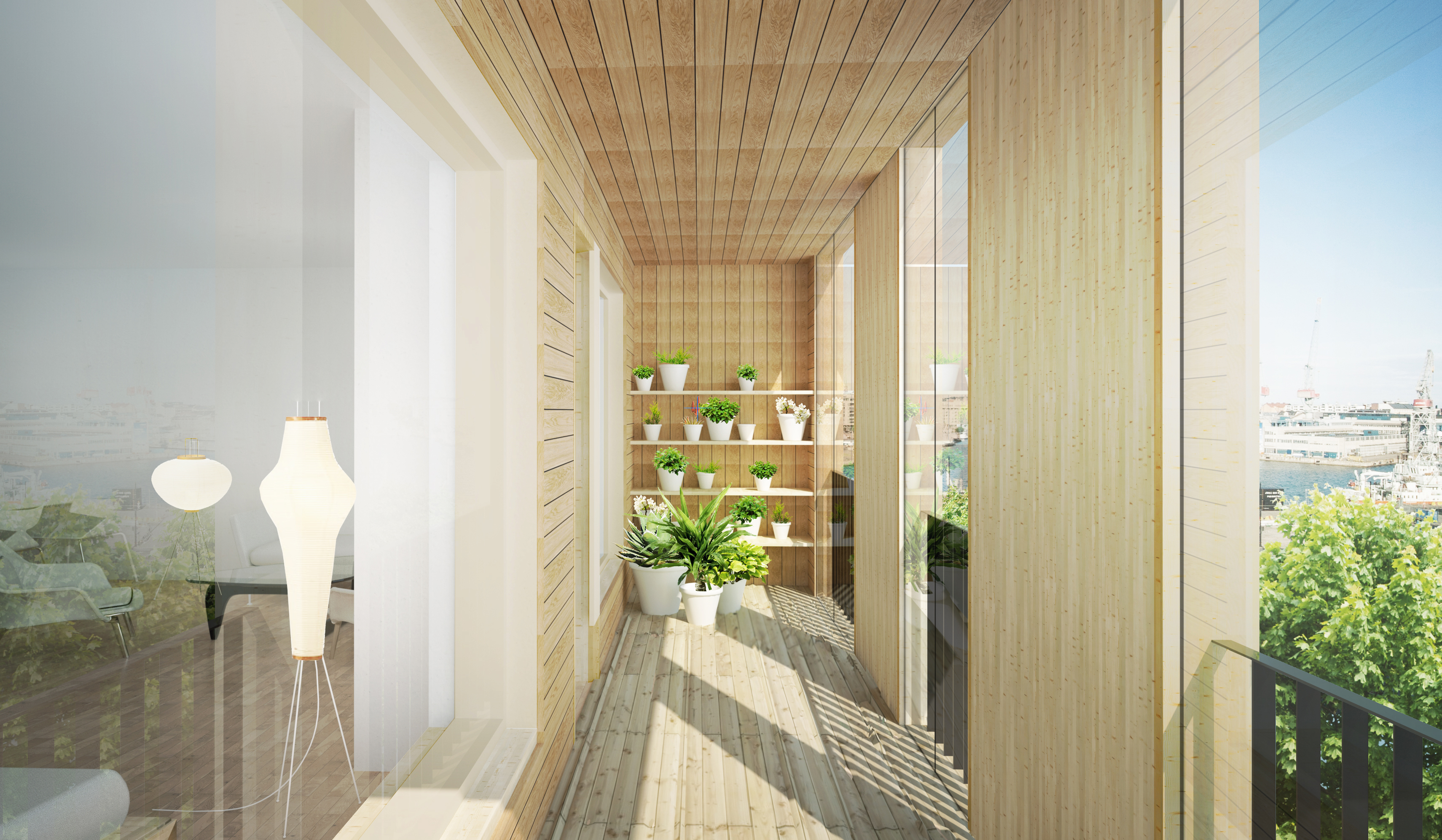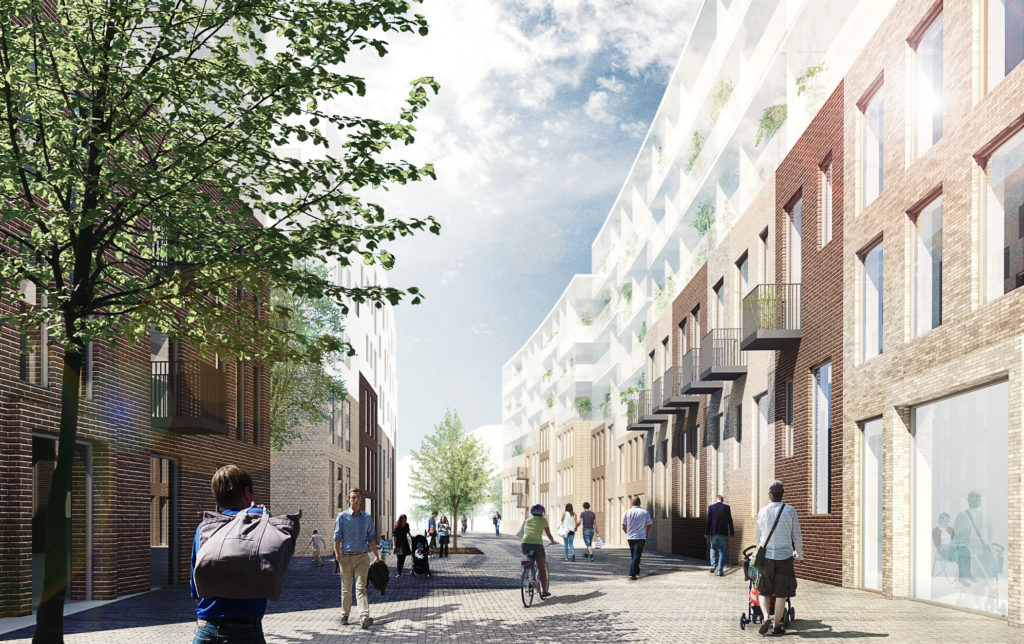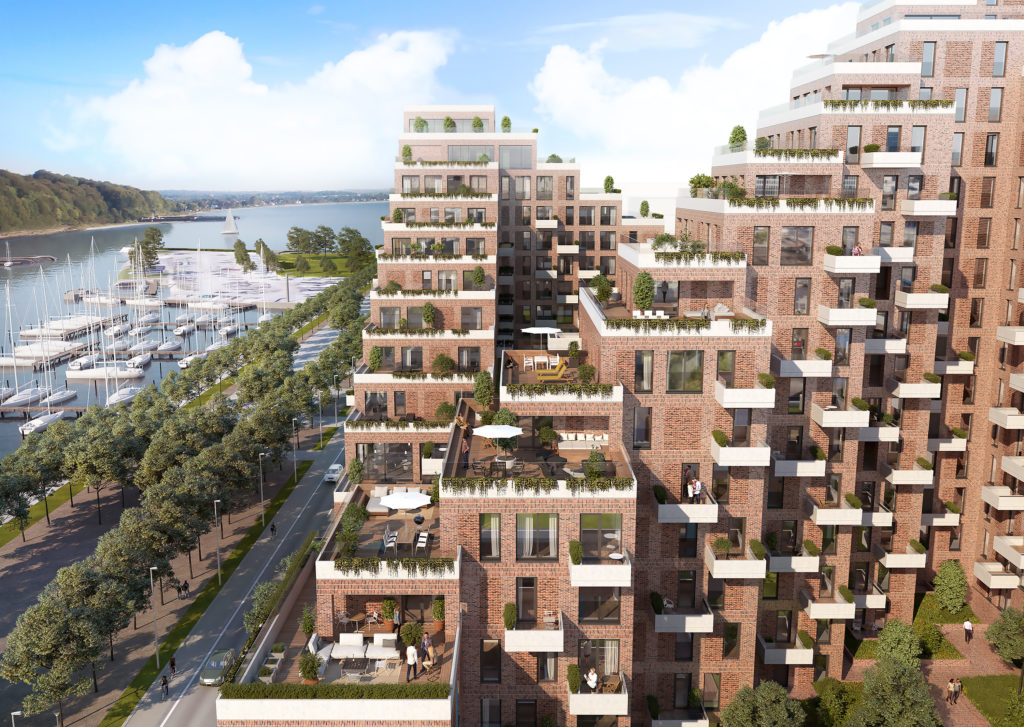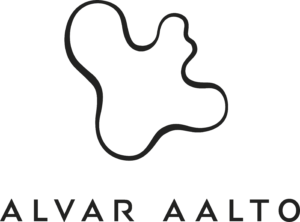This website uses cookies. The cookie information is stored in the browser and the information is used to identify the user. On this page, you can change the way you allow or deny the use of cookies.
International Alvar Aalto Symposium convenes – themes are topical issues and future potentials for residential living

The title of this year’s Alvar Aalto Symposium is New Housing Solutions for Cities in Change. It focuses on current challenges and opportunities for future housing design and construction in urban areas. Urban housing and living are in a state of paradigmatic flux. Major challenges affecting current housing design include: reducing energy consumption; increasing the density of community structures; renovating suburbs; and changes in population age structures.
The Symposium theme is especially topical now, when more than half of the world’s population lives in urban areas and virtually every country in the world is increasingly urbanized. “This urbanization has an enormous impact on all areas of human activity, including economic, ecological, social and cultural aspects. Right now, we have to discuss what kind of city we want to live in in the future,” says Chair of the Symposium, architect, Professor Markku Hedman.
The programme of the 14thInternational Alvar Aalto Symposium consists of nineteen lectures, each offering a broad understanding of the theme. The speakers, who represent a diverse, multidisciplinary group of professionals and experts from relevant fields, are:
Elina Alatalo (Finland), Michael Asgaard Andersen (Denmark), Selina Anttinen (Finland), Stephen Bates (UK), Jaakko Blomberg (Finland), Mikkel Frost (Denmark), Anne Kaestle (Switzerland), Antti Lehto (Finland), Katja Maununaho (Finland), Elli Mosayebi (Switzerland), Jussi Murole (Suomi), Ola Nylander (Sweden), Sofie Pelsmakers (Belgium/UK/Denmark), Peter Pichler (Italy), Sini Saarimaa (Finland), Jyrki Tarpio (Finland), Jeremy Till (UK) and Verena Von Beckerath (Germany), and Anders Tyrrestrup (Norway).
The Symposium includes a free lecture open to all by the architect Selina Anttinen: Density, Diversity and Context. Studies in Urban Housing, in the University of Jyväskylä’s Main Building at 16:15 on 30 August 2018. The results of the Asuntoreformi 2018 residential-design competition will also be announced at the Symposium. The public is warmly welcome to listen to the lecture and to attend the architecture-competition award ceremony.
The supplementary programme includes an exhibition: The Housing Problem. Alvar Aalto’s housing architecture at the Alvar Aalto Museum.
Symposium programme and speakers’ profiles: www.alvaraalto.fi/alvaraaltosymposium
More about the Asuntoreformi 2018 architecture competition in Finnish: www.asuntoreformi2018.fi
The event is organized by the Alvar Aalto Academy / Alvar Aalto Foundation in cooperation with the City of Jyväskylä, the Academy of Finland, and several other partners. The event is in English.
14th International Alvar Aalto Symposium – New Housing Solutions for Cities in Change, 30–31 August 2018, Jyväskylä
The Alvar Aalto Symposium is an international forum for the discussion of contemporary architecture. It is a triennial event that brings professionals from around the world together to engage with current topics in architecture. The aim is to promote critical discussion about the artistic, social and technical challenges of contemporary architecture.


